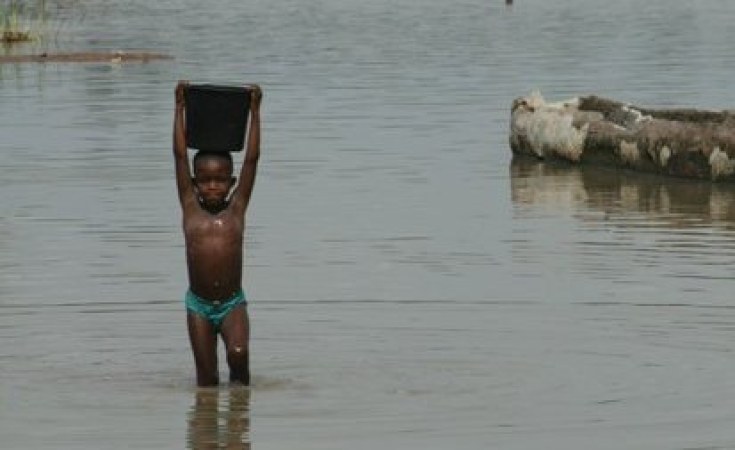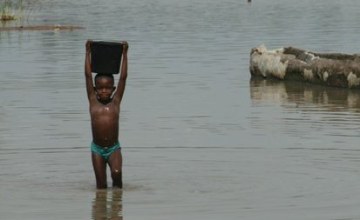Dar es Salaam, Tanzania — The African Development Bank (AfDB) and the African Water Facility (AWF) will be participating in the 6th Africa Water Week (AWW-6), holding from 18-22 July 2016 at the Julius Nyerere International Convention Centre, Dar es Salaam, Tanzania.
On 20 July 2016, the AfDB will unveil an independent study shedding light on the performance of rural water and sanitation in four African countries (Burkina Faso, Democratic Republic of Congo, Malawi and Rwanda) over the past ten years.
Background
In 2003 the pan-African Rural Water Supply and Sanitation Initiative (RWSSI) was launched with the objective to reduce poverty by accelerating access to improved rural water supply and sanitation facilities in Africa. The African Development Bank has commissioned an external review of RWSSI and the RWSSI Trust Fund (RWSSI TF), in order to develop a new RWSSI and RWSSI TF Strategic Plan 2016 - 2025 based on its findings.
This public consultation will take place after the consultant --Niras-Indevelop-- visited four RWSSI countries (Burkina Faso, Democratic Republic of Congo, Malawi and Rwanda) and carried out a series of analyses. It will bring together key stakeholders of the RWSS Initiative to inform them about the preliminary results of the external review so far, chart out the next milestones of RWSSI strategy development as well as solicit initial reactions and inputs about strategic options for the RWSS Initiative.
Looking back at over 10 years of existence, the RWSSI Trust Fund --based on significant financial contributions from Burkina Faso, Canada, Denmark, France, Italy, the Netherlands and Switzerland-- has provided support to over 49 projects in 33 African countries. In view of the daunting challenges rural population faces --with 8 of 10 people lacking safe water and improved sanitation on the continent living in the rural areas-- what should be the response of RWSSI, in order to continue contributing in an even more significant way to the achievement of the Africa Water Vision and the Sustainable Development Goals?
About the Africa Water Week
The Africa Water Week is convened by the African Ministers Council on Water (AMCOW) in conjunction with the African Union Commission and organized with other development partners, with support from the African Development Bank and the African Water Facility. It represents a political commitment at the highest level with over 1,000 participants from governments, regional institutions, international partners, the private sector, the scientific community, civil society, and the media from all over the world, and in particular Africa, meeting to discuss and collectively seek solutions to Africa's water resources, and sanitation challenges. It is now held biennially in keeping with the decision of the AMCOW to institutionalize AWW in order to build momentum on achieving the Sustainable Development Goals (SDGs) related to water security and sanitation by 2030, and the 2025 Africa Water Vision as well as crystallizing the way to actualizing Africa's Agenda 2063.
The first under the SDG era, AWW-6 has as its theme "Achieving the SDGs on Water Security and Sanitation". The choice of the theme is driven by the recognition of the importance of laying the building blocks for Africa to achieve the SDG 6 as well as other inter-linking SDGs connected with water resources management and improved sanitation service delivery. It also represents the quest in the continent to place emphasis on matching commitments and plans with concrete actions with impact on the ground. It highlights Africa's undaunted focus to achieving the Agenda 2063, the continent's global strategy to optimize use of Africa's resources for the overall benefit of all.
Desired Outcomes
The main outcome of the 6th Africa Water Week will be a roadmap for developing a comprehensive plan of action for Africa aimed at immediate translation of the high-level commitments including N'gor Declaration on Water Security and Sanitation into implementation at country, sub-regional and continental levels. This is expected to lead to development of appropriate policies, high quality actions matched with strong motivation to implement them, and increased investment at various levels. The programmes implemented from these plans will contribute to poverty alleviation, health improvements, social development and economic growth in Africa.



